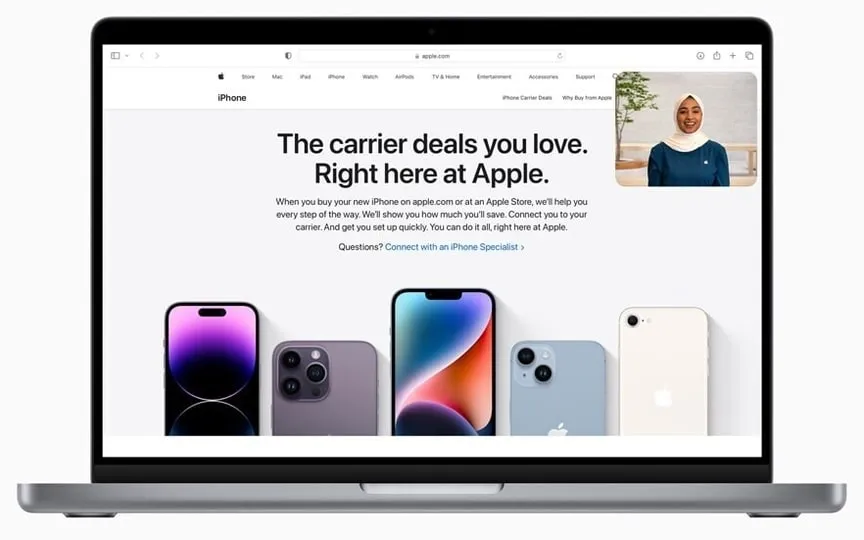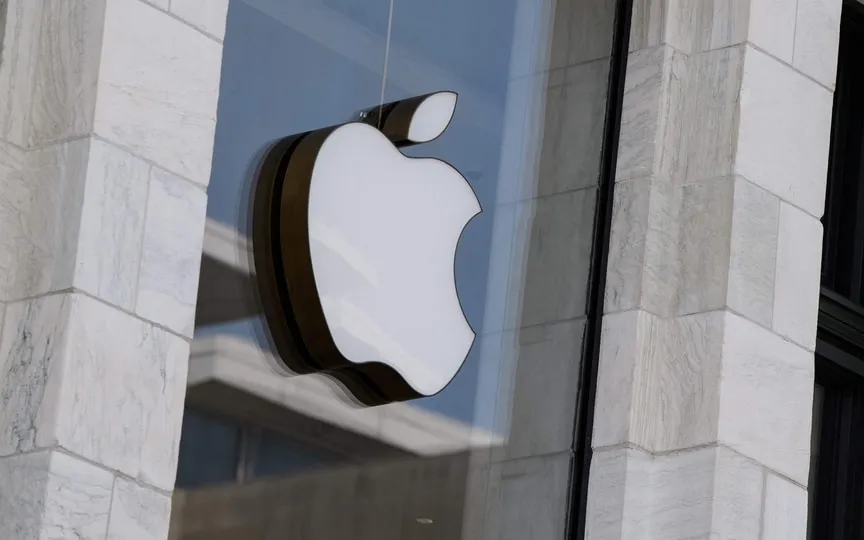COAI suggests India should adopt proposed US bill to impose fees on large apps
According to a senior industry official, telecom operators are urging the government to pass a bill, inspired by a proposal in the US Congress, which would require major internet applications to contribute towards infrastructure expenses. The aim is to reduce broadband costs for consumers.
Sponsored by US Senators Markwayne Mullin, Mark Kelly and Mike Crapo, a bill in the US Congress last month aimed at lowering broadband costs for consumers proposed directing the telecommunications regulator Federal Communications Commission (FCC) to authorize social media platforms, streaming service applications and cloud computing. service providers such as WhatsApp, YouTube, Netflix, Google, etc., to contribute to a common fund used to build networks.
The bill, titled the Weering Broadband Costs for Consumers Act of 2023, has classified social media platforms, streaming services, over-the-top messaging services, video game services, video conferencing services, e-commerce platforms and search engines under edge service providers.
Telecom industry body Cellular Operators Association of India (COAI) said the proposed bill in the US vindicates the stand of Indian service providers.
“We are very happy that everything proposed in this bill vindicates our position. There are not only telecommunications service providers, but edge computing that provides content services. Edge computing entities and telecom service providers, or as they call it, broadband providers, are both clearly defined . This needs to be done in the Indian ecosystem as well,” COAI, Director General SP Kochhar told PTI.
The bill proposes to collect fees only from entities that generate more than 3 percent of the estimated amount of broadband data in the United States and more than $5 billion annually.
Kochhar said Indian telecom operators want only the big traffic producers, a handful of foreign companies, to contribute to infrastructure costs, and similar regulations have been proposed in the US Congress.
“In the US, 3 percent of network traffic load is proposed, and we’ve gone to the point where we say maybe 8 percent. We’re very clear in our minds that we’re only targeting large traffic generators (LTGs), we haven’t targeted MSMEs, startups or small players,” Kochhar said.
Asked if LTG’s charge would increase service costs for consumers, Kocchar said the apps already have different business models in place that include ad-based free service or a cheaper service for customers or a fully paid subscription.
He said Indian telecom operators need an average revenue of ₹500 per user to meet current infrastructure costs and future needs.
“If the ARPU reaches ₹500 without adding a penny to the consumer just by sharing infrastructure costs with LTG, I don’t think anyone will create a hierarchy and increase consumer prices either,” Kocchar said.
Union Telecom Minister Ashwini Vaishnaw said in October that the government wants India’s telecom service to remain the cheapest in the world.
Currently ARPU in India is between ₹140-200 compared to global average of ₹600-850 and China around ₹580. Bharti Airtel and Reliance Jio are the only two of the four mobile service providers to have rolled out 5G services, with a combined investment of around ₹ 3,000,000 in the 5G network including spectrum costs.
Both companies have not yet been able to commercialize 5G data.
Kochhar said about 80 percent of traffic on telecom networks is a handful of LTGs.
“If the Indian government passes a law similar to the one proposed in the US, communities can reveal the exact traffic load on the network and then a reasonable infrastructure cost can be discussed among themselves, which communities can share,” Kocchar said.
Industry associations representing Internet operators, on the other hand, have opposed the charging of fees for applications, as they believe it will harm smaller operators, startup ecosystems, and violate the principle of net neutrality, which aims to improve the availability of broadband services at affordable prices for consumers.




